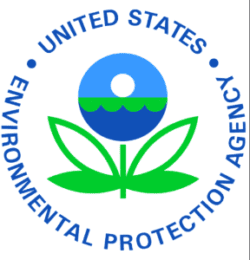Ecosystems provide humans with food, clean water, and a variety of other services that can be affected by climate change.
This chapter looks at some of the ways that climate change affects ecosystems, including changes in wildfires, streams and lakes, bird migration patterns, fish and shellfish populations, and plant growth.
Why does it matter?
Changes in the Earth’s climate can affect ecosystems by altering the water cycle, habitats, animal behavior—such as nesting and migration patterns—and the timing of natural processes such as flower blooms. Changes that disrupt the functioning of ecosystems may increase the risk of harm or even extinction for some species. While wildfires occur naturally, more frequent and more intense fires can significantly disrupt ecosystems, damage property, put people and communities at risk, and create air pollution problems even far away from the source.
While plants and animals have adapted to environmental change for millions of years, the climate changes being experienced now could require adaptation on larger and faster scales than current species have successfully achieved in the past, thus increasing the risk of extinction or severe disruption for many species.




